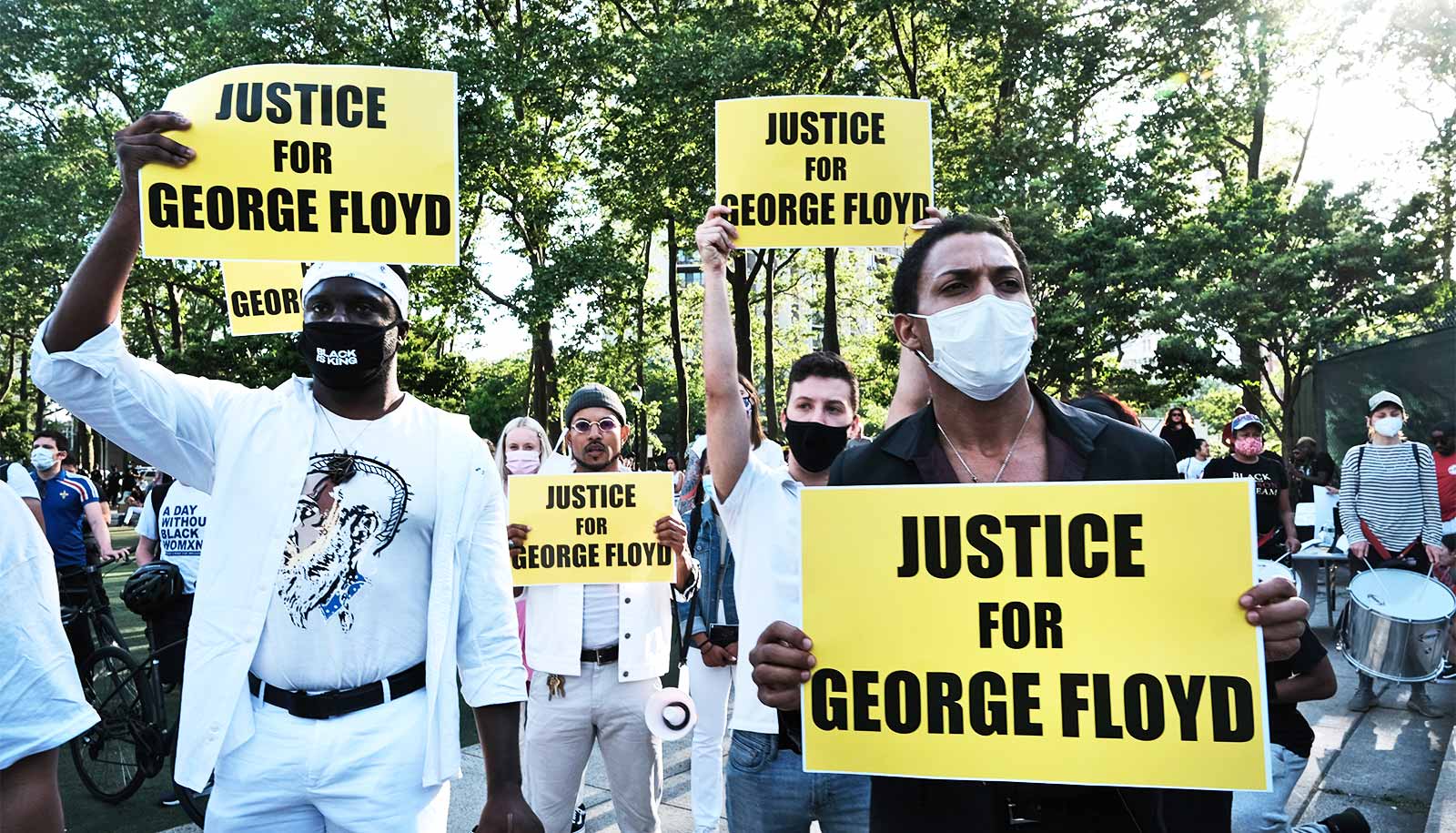A movement to discredit a controversial medical diagnosis is being bolstered by a new study.
“Excited delirium” describes a state of agitation, aggression, and distress and has become a common defense to counter charges of police brutality.
In the case of George Floyd, the syndrome was initially used as a legal defense for the Minneapolis police officer charged in his death.
In the new study, researchers present compelling evidence that excited delirium exploits racial stereotypes, encourages excessive use of force, and deflects responsibility for sudden deaths away from law enforcement
Essentially, the diagnosis creates a new category of people, often characterized by “superhuman” strength and an immunity to pain. Those diagnosed tend to be Black men, Indigenous people, individuals with mental illness, those who use drugs, and other marginalized groups.
While much debate has centered on the diagnosis’s medical validity, the findings in this philosophical and ethical analysis delve into its tangible societal impacts, highlighting the urgent need for re-evaluation by medical practitioners and the criminal justice system.
In the US, excited delirium is involved in about 10% of deaths in police custody. But a major shift is underway: California recently became the first state to legislate a ban on the syndrome as a cause of death, while Colorado removed the term from police training. In Canada, four provinces no longer accept excited delirium as a cause of death.
“The diagnosis of excited delirium is widely contested, but continues to circulate within emergency medicine, on coroner’s reports, and in police training,” says Phoebe Friesen, one of the study’s authors and an assistant professor in the equity, ethics and policy department at McGill University.
“Our examination shows how racial stereotypes, conflicts of interest, convenient causal stories, and slippery logic all underlie the continued use of the term.”
Source: McGill University
People gather at Foley Square to commemorate the anniversary of George Floyd’s death on May 25, 2021, in New York City.



